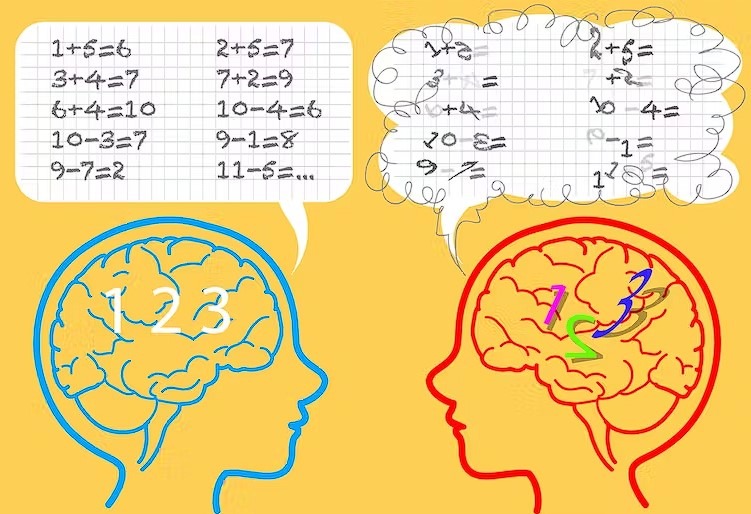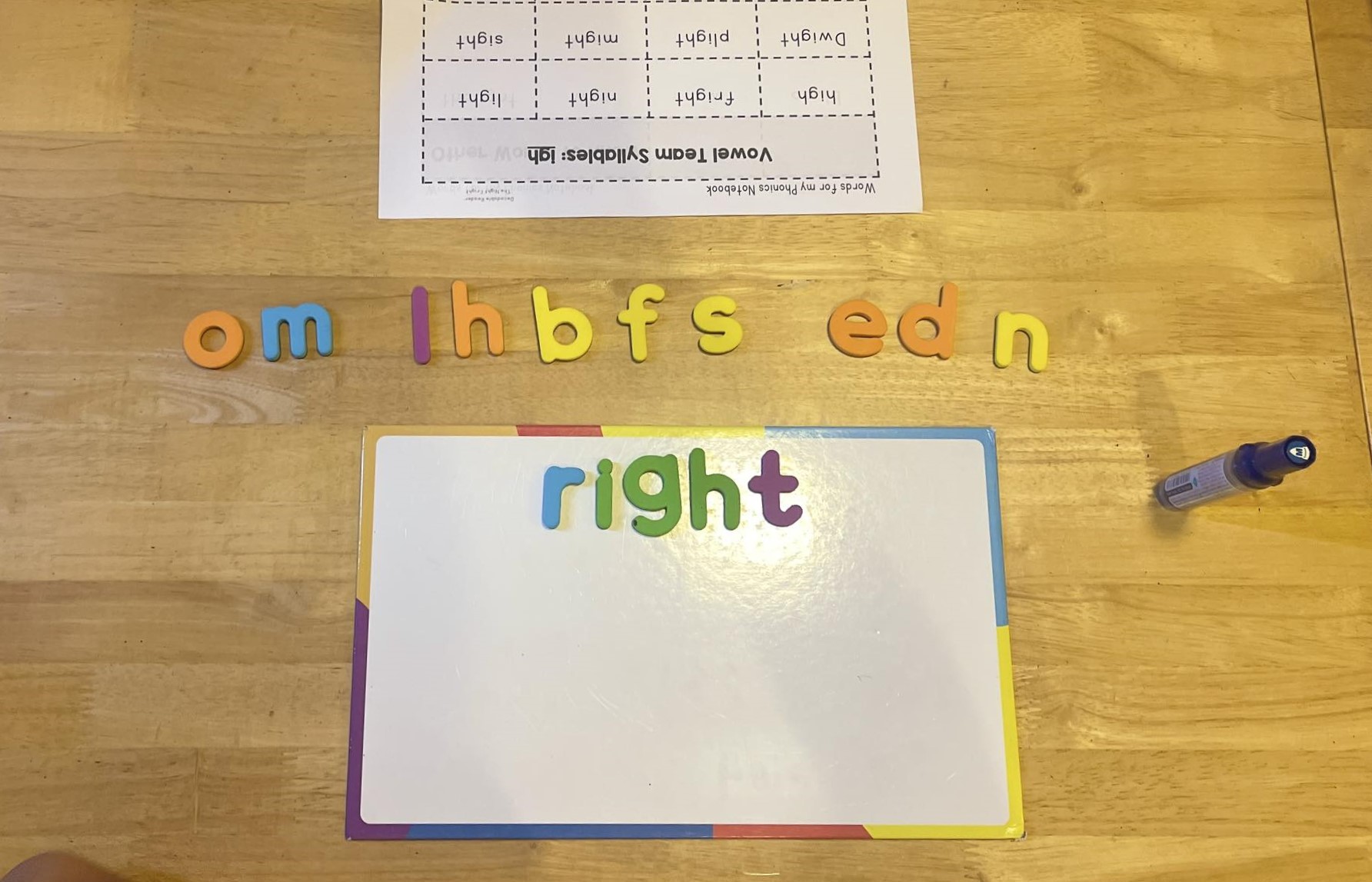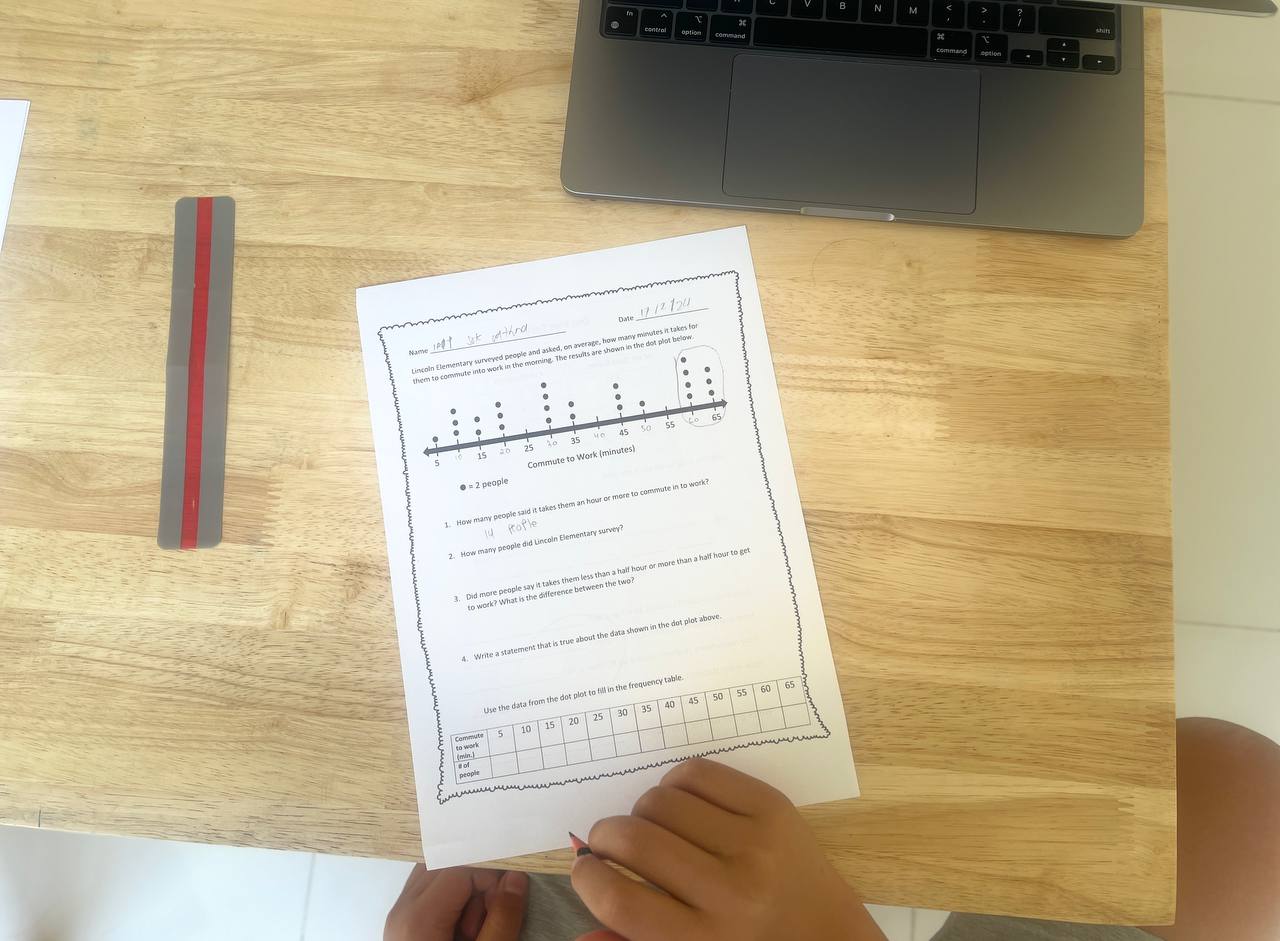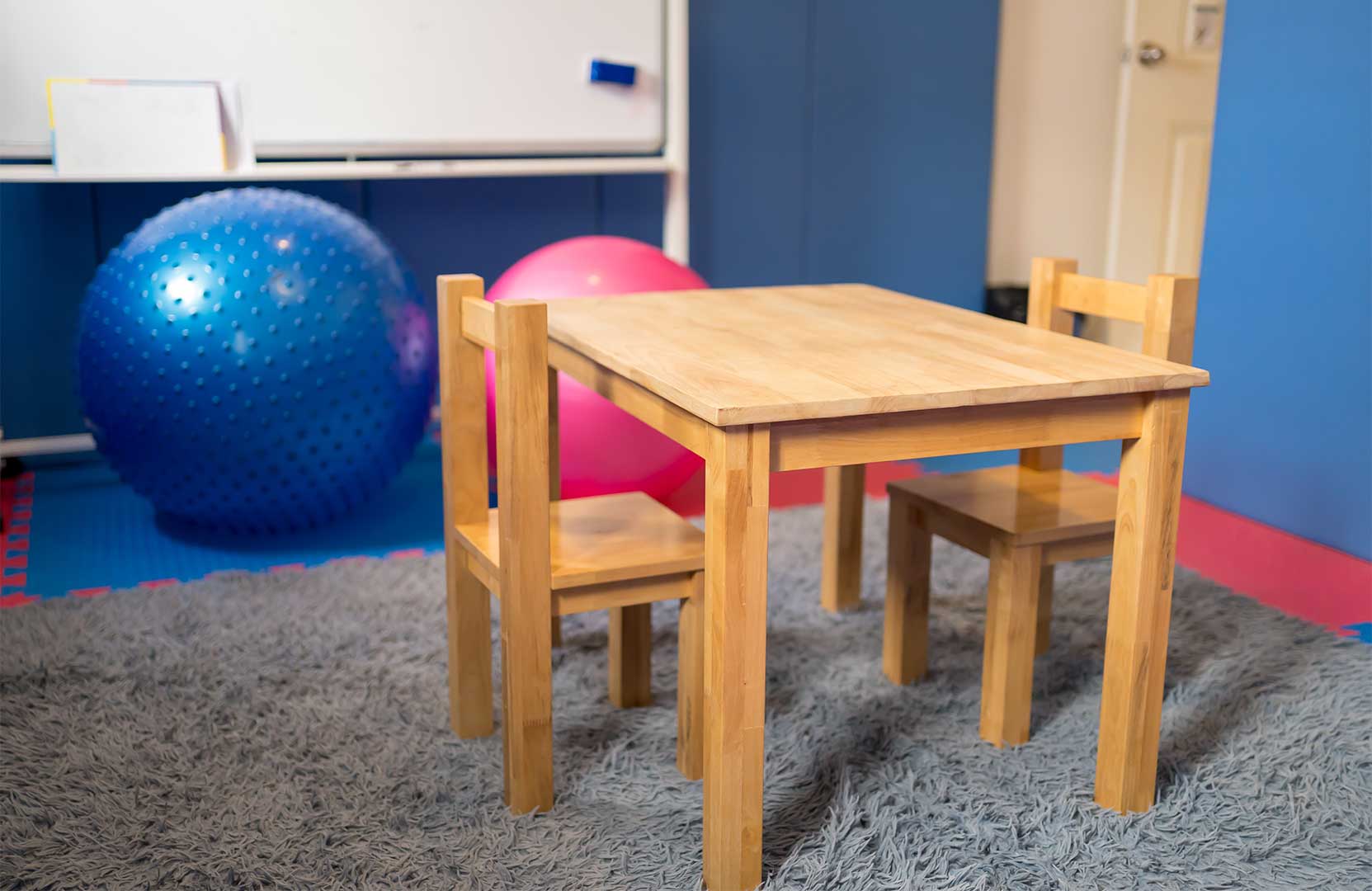Dyscalculia is a specific learning disability that affects a person’s ability to understand and use numbers and symbols. It can make it difficult to learn basic math skills, such as counting, addition, subtraction, multiplication, and division. It can also make it difficult to solve math problems, read graphs and charts, and understand time and money concepts.
Dyscalculia is a lifelong condition, but it can be managed with the right support. There is no one-size-fits-all approach to teaching math to people with dyscalculia, but there are a number of strategies that can be helpful. These include using concrete materials, breaking down tasks into smaller steps, and providing extra practice.
What are the signs and symptoms of dyscalculia?
The signs and symptoms of dyscalculia can vary from person to person. Some common signs and symptoms include:
- Difficulty learning basic math concepts, such as counting, addition, subtraction, multiplication, and division
- Difficulty solving math problems
- Difficulty reading graphs and charts
- Difficulty understanding time and money concepts
- Difficulty with spatial reasoning
- Poor memory for numbers
- Difficulty understanding and following directions
What are the causes of dyscalculia?
The exact cause of dyscalculia is unknown, but it is thought to be caused by a combination of genetic and environmental factors. Some research suggests that dyscalculia may be caused by a difference in the way the brain processes numbers and symbols.
How is dyscalculia diagnosed?
Dyscalculia is typically diagnosed by a psychologist or neuropsychologist. They will conduct a comprehensive assessment of the person’s math skills and cognitive abilities. If the person is found to have significant difficulty with math and their math skills are significantly below expected for their age and grade level, they may be diagnosed with dyscalculia.
How is dyscalculia treated?
There is no cure for dyscalculia, but it can be managed with the right support. The best treatment for dyscalculia is individualized instruction that is tailored to the person’s specific needs. Treatment may include:
- Working with a tutor or special education teacher to learn math concepts and skills
- Using concrete materials and manipulatives to help understand math concepts
- Breaking down tasks into smaller steps and providing extra practice
- Using technology to help with math problems
- Learning strategies for compensating for math weaknesses
How can I help my child with dyscalculia?
If your child has dyscalculia, there are a number of things you can do to help them:
- Be patient and supportive. Learning math can be difficult for children with dyscalculia, so it is important to be patient and supportive.
- Work with their teacher to develop an individualized education plan (IEP) or 504 plan. This will ensure that your child receives the support they need to succeed in math.
- Find a tutor or special education teacher who specializes in working with children with dyscalculia.
- Use concrete materials and manipulatives to help your child understand math concepts.
- Break down tasks into smaller steps and provide extra practice.
- Encourage your child to use technology to help with math problems.
- Teach your child strategies for compensating for their math weaknesses.
Dyscalculia is a specific learning disability that affects a person’s ability to understand and use numbers and symbols. It is a lifelong condition, but it can be managed with the right support. If you think your child may have dyscalculia, talk to their teacher or a psychologist.
Find out if your child needs extra support today!
- My child screams hysterically
- My child is mean to other children
- My child is always worried
- My child is scared to go to school
- My child is scared of loud noises
- My child doesn’t know how to read
- My child is scared to play outside
- My child does not respond to his name
- My child always gets in trouble
- My child fights with other children
- My child doesn’t know how to count
If you are concerned about your child’s development, contact us for Assessments: Phone/Telegram: 077.455.993 – Telegram Link: https://t.me/OrbRom
If you are concerned about your child’s development, contact us for Assessments.
Phone/Telegram: 077.455.993 Link: https://t.me/OrbRom






Leave A Comment